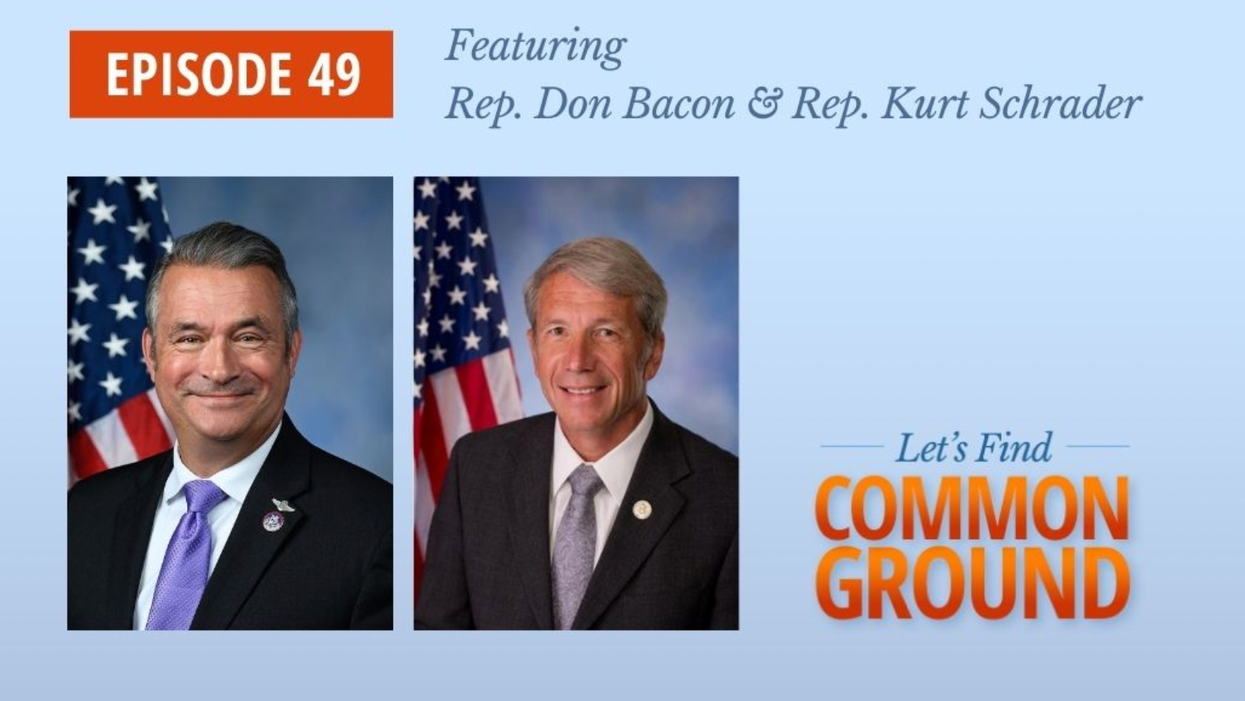From the outside, Congress appears broken. Bills get bogged down in partisan fights, leaders openly smear each other, and animosity between members is at an all-time high. But our guests on today’s show demonstrate that if you look a little closer, you’ll find a group of dedicated politicians working together across the aisle to craft workable legislation and get things done.
Republican Congressman Don Bacon represents Nebraska’s 2nd District. Democrat Kurt Schrader represents Oregon’s 5th District. Each man is a member of the congressional Problem Solvers Caucus, a group equally split between Democrats and Republicans who are committed to finding common ground on key issues facing the U.S.
In this surprisingly candid conversation listeners get a peek behind the curtain at what’s really going on in Congress, how the infrastructure bill was passed into law, and the harmful effect the media has on Americans’ view of politics.




















Trump & Hegseth gave Mark Kelly a huge 2028 gift